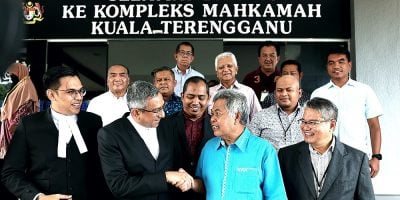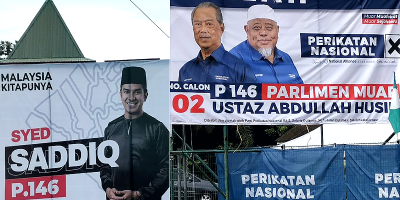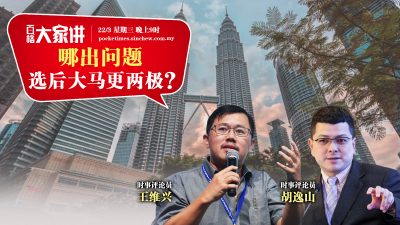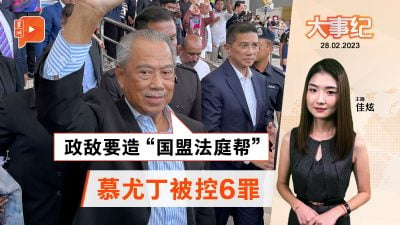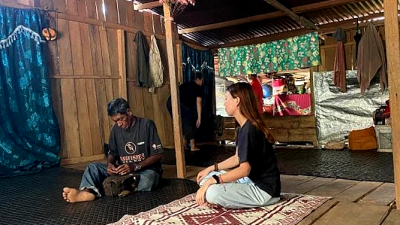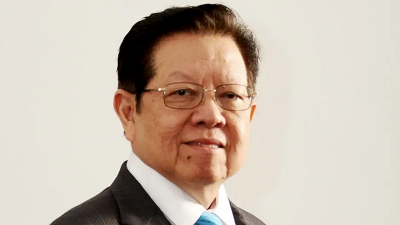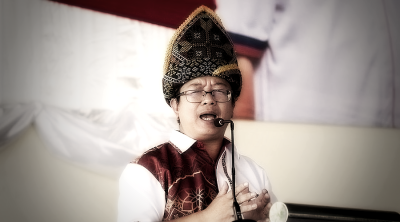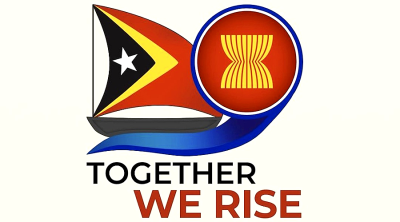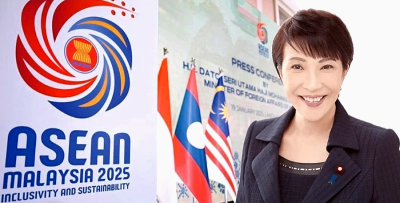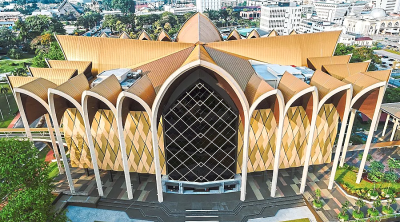The appeals do not just reflect the demands of some five million voters the alliance represents, but all voters in general!
With the 15th general election just around the corner, political parties have started releasing their lists of candidates. And we also know who the major political camps’ candidates for prime minister are.
Even though they have not yet finalized their election manifestos, from the mouths of their leaders, we at least have some idea what they are going to be.
Political parties and alliances have been cracking their heads to plan their candidate line-ups and manifestos in order to win the hearts, and ballots of course, of the voters so that they get to form the new government after the election.
That said, as “bosses” of this country, voters like us should seize this opportunity to voice out what we are expecting from them.
While political parties have been working very hard to put forward their best possible candidate line-ups and election manifestos to curry favor with the voters, do they actually know what we want from them?
A voters’ alliance comprising 29 religious and non-governmental organizations in the country has recently issued a declaration to voice up their appeals to parties taking part in the coming election, demanding immediate reform of the operation of our democratic system.
The representation of the alliance is beyond questioning, as its members represent not fewer than five million voters from major religious groups and sectors.
Members of the alliance are chiefly religious organizations, showing that they no longer confine themselves to only religious activities and are now moving into the masses and are increasingly concerned about the country’s political developments, which is a positive breakthrough indeed.
A survey among voters in the United States and the United Kingdom shows that individuals active in religious community activities have relatively higher civic awareness and are therefore more inclined to vote in an election.
Because of this, their voices must not be downplayed by political parties taking part in the coming election.
The alliance’s appeals cover a very broad spectrum from constitutional aspects, rule of law, separation of powers, to clean and fair election, among others. The propositions in these appeals form the basis of our democratic system.
Strictly speaking, such appeals should have been well comprehended by political parties and their leaders operating under the democratic system, unfortunately they oftentimes don’t walk the talk. It is therefore necessary for voters to repeatedly remind them of what they ought to do.

Rival parties have put forward their impressive and glamorous election manifestos in past general elections although most of them have been constructed around populism, offering sweet “candies” to woo the voters without the slightest willpower to implement the essential institutional reforms.
In the last election, Pakatan Harapan pledged to carry out various reforms but in the end, their non-fulfillment was justified by Mahathir’s “manifesto not bible” assertion.
The political turmoil pursuant to the infamous Sheraton Move returned Umno to the apex of power. After Ismail Sabri was made the prime minister, he signed a political transformation and stability MoU with PH, and this has somewhat stabilized the country’s political situation so that some of the reforms could be carried out with the cooperation from the opposition, including the adoption of the anti-hopping bill, lowering the voting age to 18 and automatic voter registration, among others.
Nevertheless, there is still a very long way ahead and ample room for improvement in reforming the country’s political system, including separation of the attorney-general’s power to check the prime minister’s power in appointing an AG of his choice that could potentially lead to intervention of prosecution procedures.
Additionally, the independence of MACC, PDRM and other institutions needs to be fortified, while the political funding bill that was yet to be tabled in the last parliament must be immediately enacted by the new government, whoever it is.
The election manifestos of political parties must be bidirectional. Voters must be given the opportunity to voice up their views.
They will only be able to accurately evaluate the competence and knowledge of their candidates through open debates and dialogues, so that they will not be misled or fooled by the candidates again.
Sadly, we do not have the tradition of open debates among contesting candidates. Even though it is said that debating is not a part of our culture, having practiced democracy for over six decades now, it is absolutely essential for our political leaders to move in tandem with the times and change their perception of things.
They have the obligation to convey adequate information and facts to the electorate in a most pragmatic and direct manner.
In the past, the way they engaged the voters was principally through handshakes, thus depriving the candidates of the opportunity to showcase their manifestos and strengths while the voters had no way of systematically receiving vital information on the election.
The appeals of the aforementioned voters’ alliance have been forwarded to the 13 contesting parties in the upcoming election, and we hope their leaders will instantly respond to them so that we know whether they approve of such appeals and will put them into practice after winning the election.
The voters’ alliance has said it will make public the response of political parties three days before polling.
We have to agree that this is a very good civic campaign that deserves positive response from political parties which take the public’s views seriously. The best way of responding to the appeals is to directly incorporate them into their respective manifestos.
Meanwhile, there is still sufficient time for contesting parties to respond to such appeals, and we will see who among them will actually take the appeals seriously.
Lest we forget, the appeals do not just reflect the demands of some five million voters the alliance represents, but all voters in general!
We believe this will very likely be a yardstick upon which the voters will decide whom they are going to vote for eventually.
ADVERTISEMENT
ADVERTISEMENT







